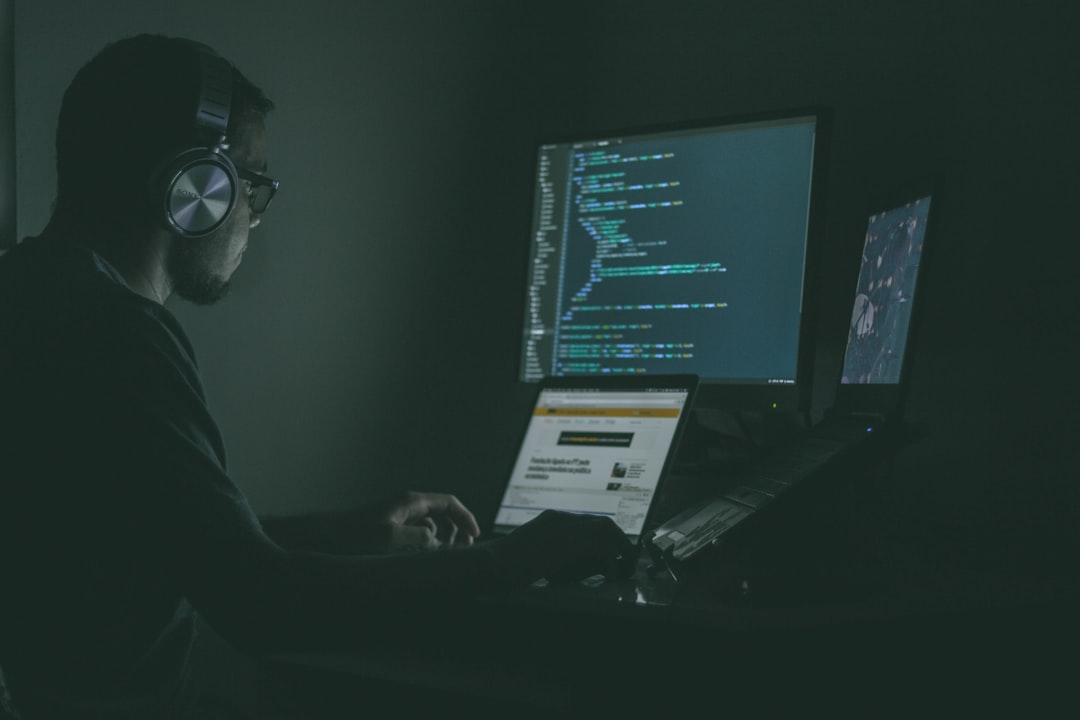Investment in the cybersecurity sector took a hit during the second quarter of this year, with funding dropping to its lowest level since Q4 2019. According to Crunchbase, cybersecurity startups only raised $1.6 billion in venture funding, representing a staggering 63% decline compared to the previous quarter.
The unexpected downturn in investment has cast doubt on the once-presumed recession-proof nature of the cybersecurity industry. Previously thought to be resilient even in challenging economic conditions, this decline raises concerns about the future viability of this startup category.
The sharp decline in funding is particularly surprising given the increasing importance of cybersecurity in today’s digital landscape. As cyber threats become more sophisticated and prevalent, businesses and individuals have an urgent need for robust security measures. However, despite this growing demand, investors seem to have shifted their focus away from the sector.
It is worth noting that other industries also faced challenges during this period. Data observability was another startup category that expected resilience during economic downturns akin to cybersecurity. However, it seems that even data observability did not escape unscathed from these turbulent times.
While it is difficult to predict exactly how any startup category will fare during a downturn, one sector that has unexpectedly emerged as an area of interest for investors is generative AI. This technology has shown promise across various fields and industries, including healthcare, finance, and entertainment. Investors are recognizing the potential for disruptive innovation and transformative applications that generative AI can bring.
Another surprising area experiencing increased investor attention is animal agriculture. This development highlights a growing awareness of sustainable food production and alternative protein sources. Startups focusing on creating innovative solutions within animal agriculture are attracting significant investment as the global demand for sustainable food options continues to rise.
The challenging H1 numbers indicate a shift in investor sentiment towards different sectors and technologies. While cybersecurity struggles amidst decreased funding levels, generative AI and animal agriculture are capturing investor interest with their potential for growth and impact.
It remains to be seen whether the decline in funding for cybersecurity startups is a temporary blip or indicative of a more fundamental shift in the industry. The increasing complexity and frequency of cyber threats suggest that robust cybersecurity measures will remain crucial in the digital age. However, the current investment landscape raises questions about how startups in this sector will navigate these challenging times.
As the global economy recovers from the effects of the ongoing pandemic, it will be interesting to observe whether cybersecurity can regain its previous position as a recession-resistant industry. In the meantime, generative AI and animal agriculture are poised to continue attracting attention and investment as they present innovative solutions to pressing global challenges.
